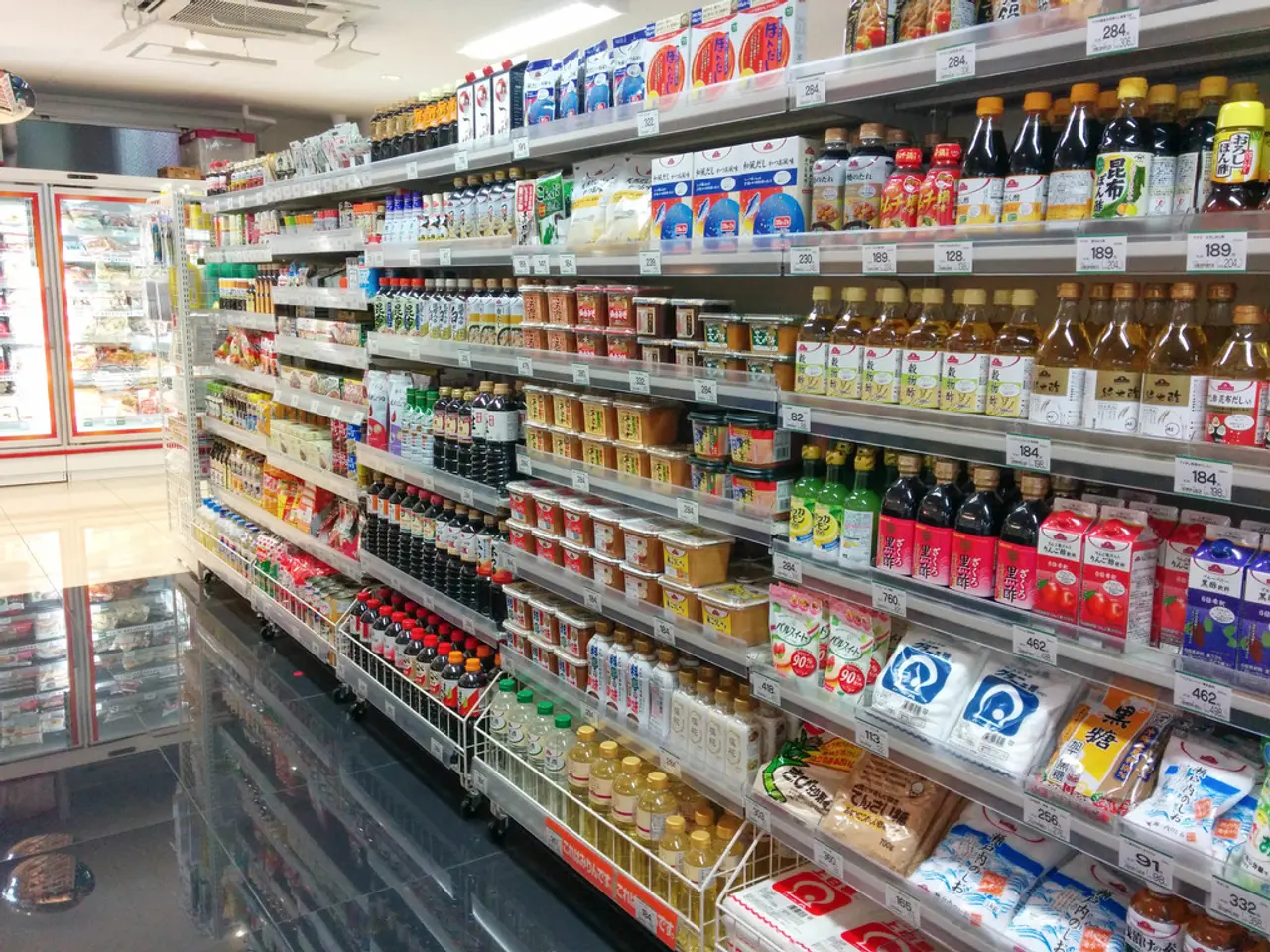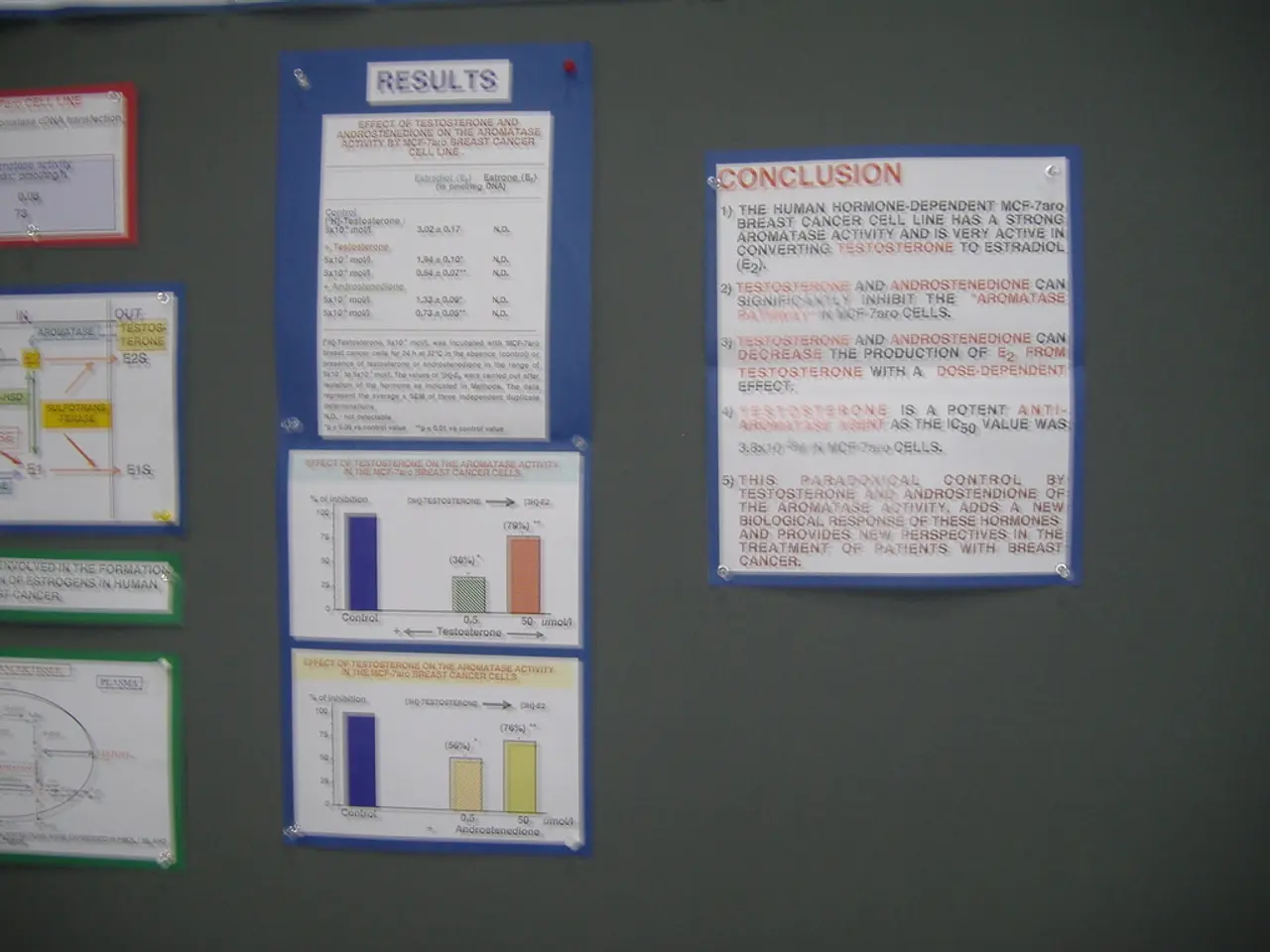Stock market in South Korea slightly up following U.S. tariff agreement
In the heart of Seoul, the opening of the Kospi was displayed on a screen in Hana Bank's trading room on July 31, 2025. The Korean Stock Price Index, which has been on a winning streak for the past four months, started the day slightly lower.
Despite the dip, the Kospi remains near its 52-week high and has shown resilience amid geopolitical concerns related to tariffs. The index, which rose 5.66% in July 2025, marking its largest four-month percentage gain since February 2021, extended its upward streak to six consecutive days before the minor setback.
The tariff talks between the U.S. and South Korea are ongoing, casting a shadow over the market. However, the recent U.S.-South Korea trade agreement has brought a sense of clarity and optimism. The agreement, which sets a 15% tariff rate for South Korean exports instead of the previously feared 25% penalty, has spurred buying interest in Korean stocks and strengthened the Korean Won.
Sectors like automotive and steel, with companies like Hyundai Motor and POSCO, stand to benefit significantly from the reduced tariff cap, fueling expectations of further upside.
The Kospi's performance reflects the growing optimism following the announcement of a "Full and Complete Trade Deal" between the U.S. and South Korea. While the index opened lower on July 31, it is important to note that it is still up more than 40% from its low earlier in the year.
The recent U.S.-South Korea trade agreement has shifted sentiment positively, driving the KOSPI’s gains and underpinning investor confidence in Korean equities. The Kospi's resilience amid ongoing tariff concerns underscores the market's potential for further growth.
[1] "South Korea and U.S. reach trade deal, ending tariff uncertainty." (URL) [2] "Korean stocks surge on U.S.-South Korea trade deal." (URL) [3] "KOSPI hits 5-year high amid optimism over U.S.-South Korea trade deal." (URL) [4] "Korean Won strengthens as U.S.-South Korea trade deal brings tariff clarity." (URL)
- The recent U.S.-South Korea trade agreement, which has brought a sense of clarity and optimism, has fueled buying interest in Korean stocks, leading to the Kospi's resilience and a surge in the Korean Won.
- The performance of the Kospi, which has been on a winning streak for the past six months and is near its 52-week high, reflects the growing optimism due to the ongoing tariff talks between the U.S. and South Korea.
- Sectors like automotive and steel, with companies like Hyundai Motor and POSCO, are expected to benefit significantly from the reduced tariff cap, spurring further growth in the South Korean economy and business sector.




